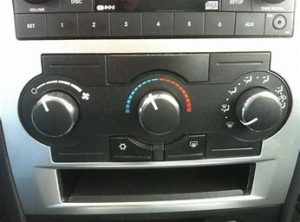Posted by on August 2, 2018
Buying a Used Vehicle? One tip can save you Thousands!
You’ve been scouring the internet for your next vehicle…..
You see one that really catches your eye. Whether its on a lot or posted on craigslist, cars.com (or any other website), it appears to be in great condition. The owner says that all the miles are highway miles (which take less toll on a car) and when you ask for information, they tell you they’ve never had a single issue with the car. They say, “It just the breaks my heart to have to sell it.”
Great!-How Lucky!- Right? ….
Maybe…but maybe not !
Sure, deep down we want to believe that most people are honest, but its also important to realize their goal is to sell the car. If only there were a way to really, really know if they were telling you the truth.
Buying a used vehicle can be a stressful process, but there’s one strategy that can alleviate the short term stresses and provide you peace of mind about your potential purchase. A pre-purchase inspection with a local auto service center will examine mechanical safety, and appearance aspects, such as the vehicles:
– Tires
– Frame
– Suspension
– Glass
– Lights
-Brakes
-Radiator
-Hoses
-Belts
-Fluids
-Battery
-Body Condition
The Benefits of the Good, Bad (and sometimes Ugly) Reports
-A positive report should give you confidence to move forward with the vehicle
-An average report giving you a heads-up on upcoming maintenance issues can help you negotiate a better price or give you enough hesitation to walk away.
-A negative report will help you turn around and run as fast as possible from an endless money pit, and you’ll feel proud about how smart you look for getting an inspection.
You wouldn’t dream of buying a house without having a building inspector provide an analysis of its condition… don’t do it for your vehicle, either!
If you’re looking for a local and knowledgeable team to perform a pre-purchase inspection for you, our technicians at All Phase Auto Repair will be happy to guide you through the process.
The All Phase Auto Repair Advantage
Our technicians use Ipads and capture photos of all the inspection points throughout the process and email or text you a full report, giving you a true, first-hand insight of the vehicles condition.
Unfortunately throughout the years, we’ve seen many customers-way more than we’d like to admit – who’ve scheduled a service after they’ve purchased their vehicle, where we had uncovered several mechanical or safety issues that required thousands of dollars of repairs to simply boost it to the condition they believed it to be.
Schedule Your Appointment
Give Terri a call at 410-687-5030 or go on our website www.allphaseautorepair.com to schedule an appointment.
About All Phase Auto Repair,- We are a full service auto repair facility, Maryland State Inspection station, Napa Auto care center, AAA approved repair facility, CERF certified. We are owner operators since 2007. We have free complimentary local shuttle and a free loaner car available.
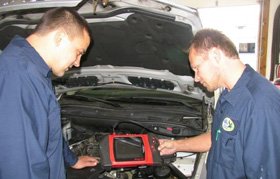
 when using or applying for Napa easy pay credit card for #ESSEXAUTOREPAIRS. Call for details 410-687-5030
when using or applying for Napa easy pay credit card for #ESSEXAUTOREPAIRS. Call for details 410-687-5030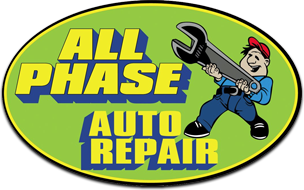

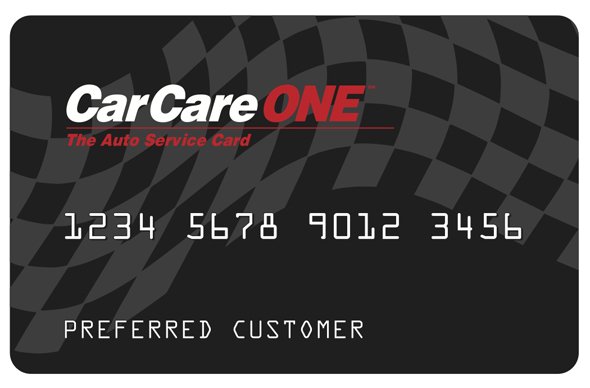
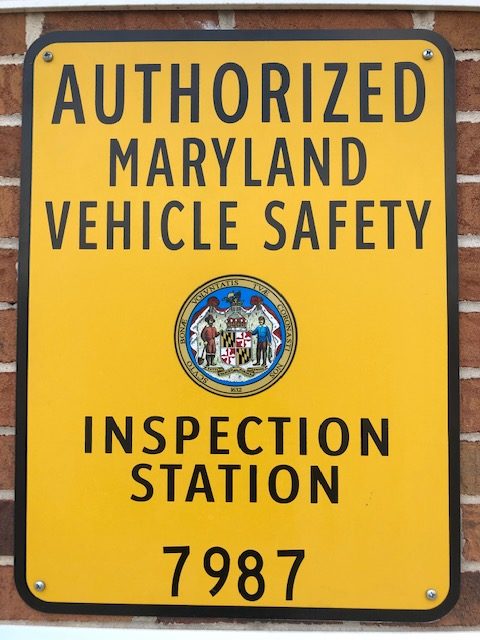
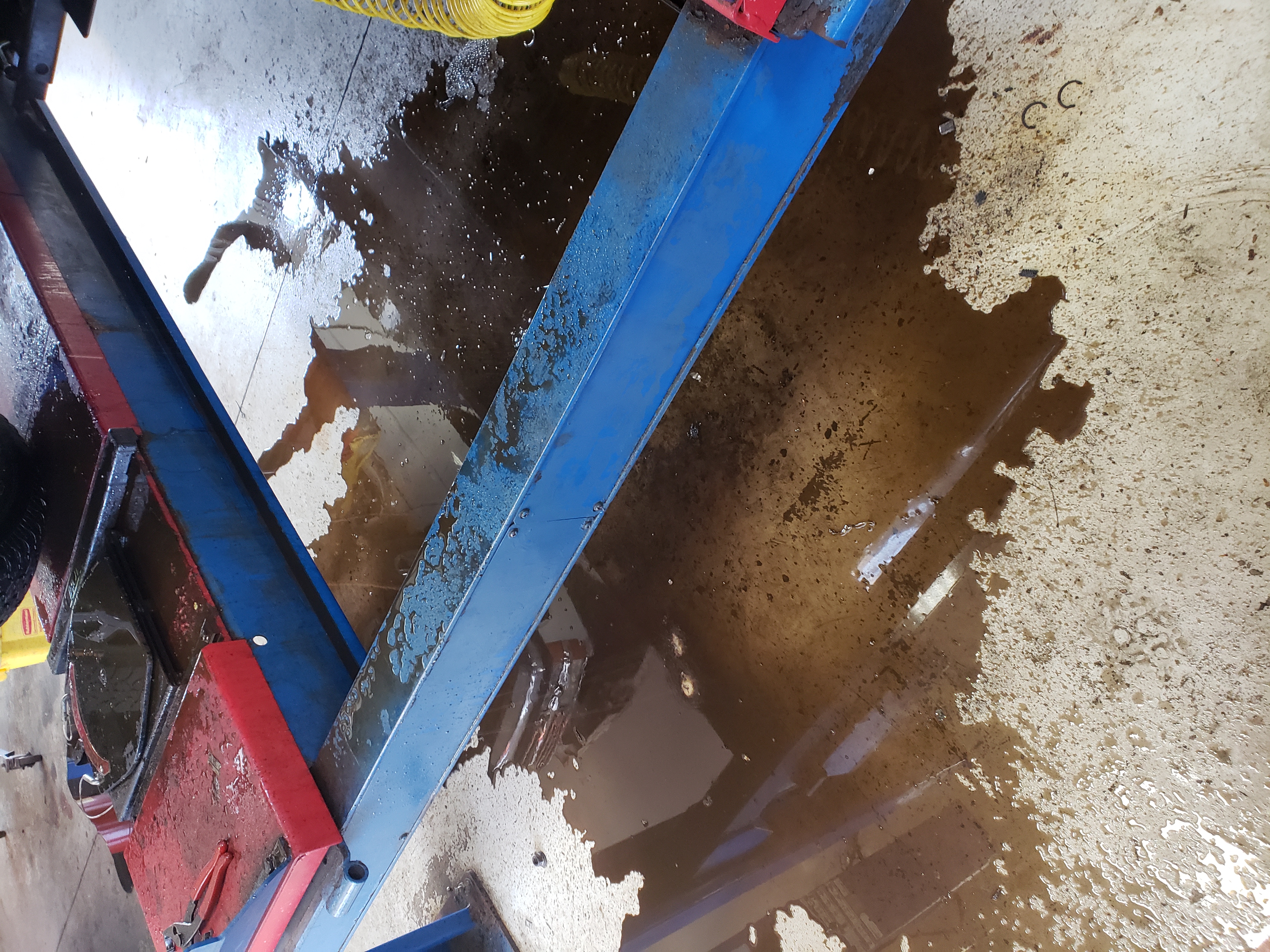
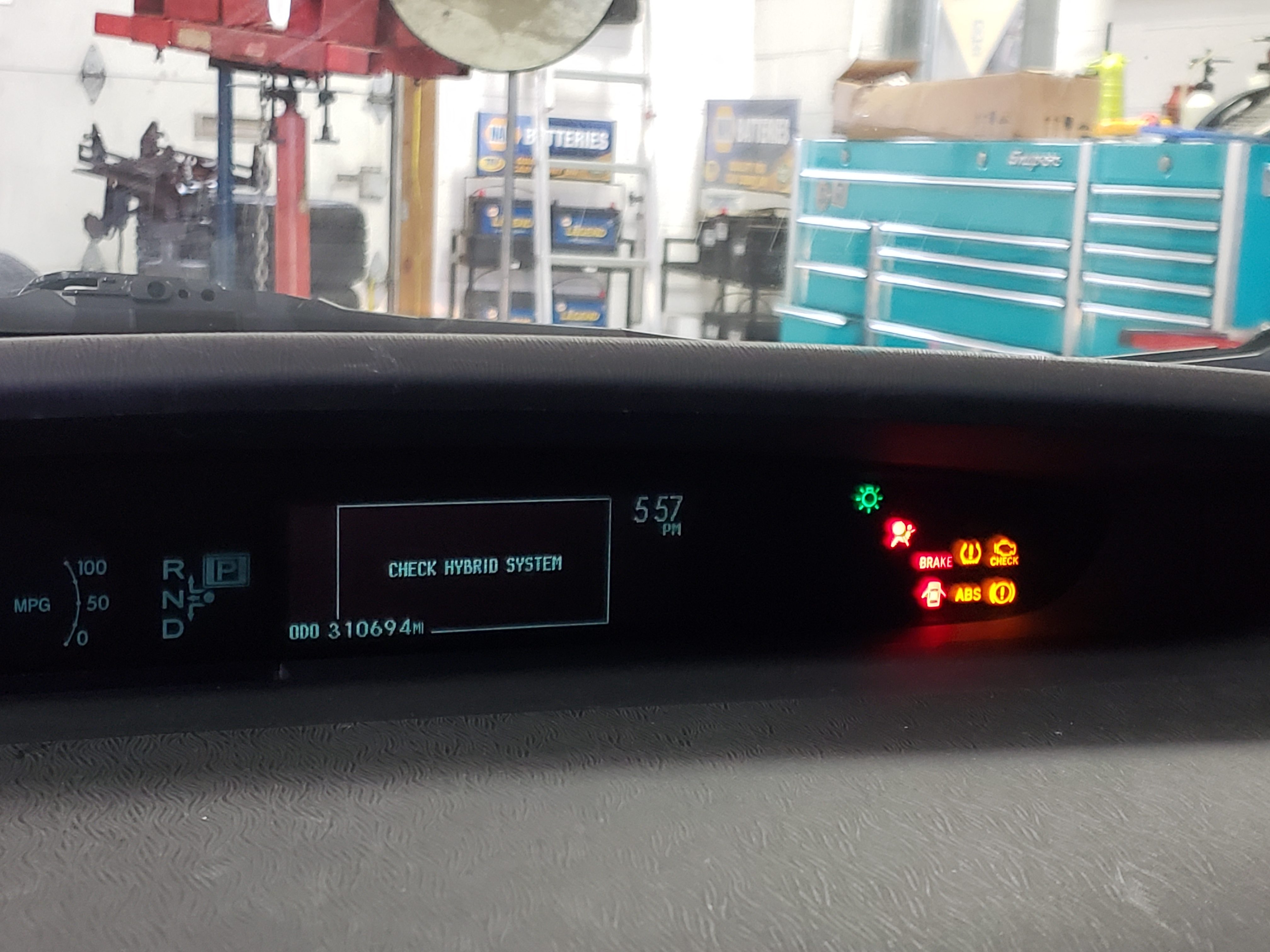 “What do I do when my engine lamp comes on.” Most Auto Parts stores and Auto Repair shops will scan your codes for free, however it does not pinpoint your exact cause, just possibilities. Diagnostics are key to saving you money and time when it comes to your “Vehicles Warning Lamps”. Just like the Doctors office, Testing requires expensive specialized equipment to get the correct results. Ignoring these warning lamps can cause them to spread to other vehicle modules erroneously and infect them costing you more money and time to diagnose them. Come see us when your Warning Lamps stay on.
“What do I do when my engine lamp comes on.” Most Auto Parts stores and Auto Repair shops will scan your codes for free, however it does not pinpoint your exact cause, just possibilities. Diagnostics are key to saving you money and time when it comes to your “Vehicles Warning Lamps”. Just like the Doctors office, Testing requires expensive specialized equipment to get the correct results. Ignoring these warning lamps can cause them to spread to other vehicle modules erroneously and infect them costing you more money and time to diagnose them. Come see us when your Warning Lamps stay on.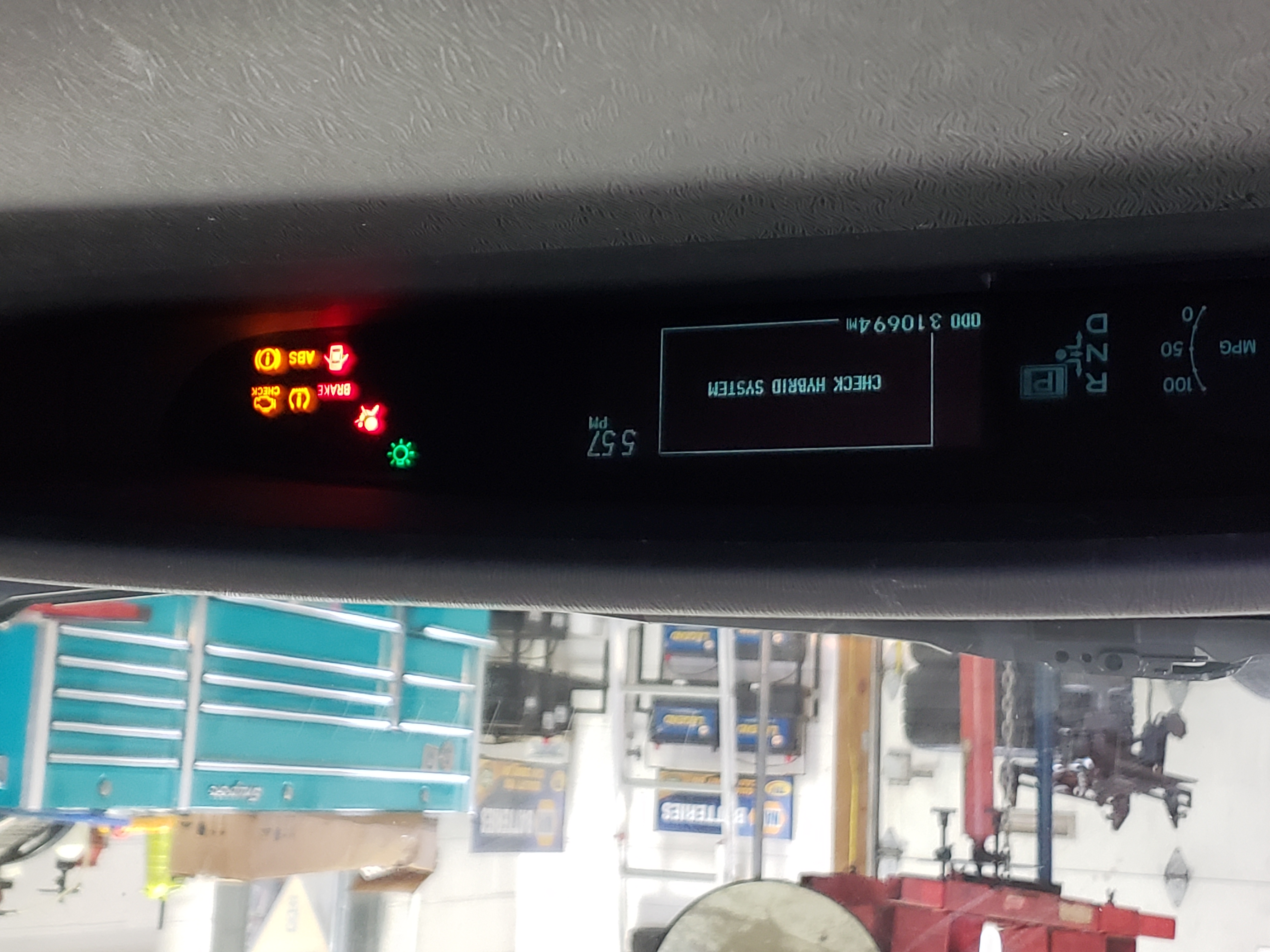
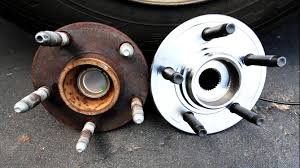 Roaring noises, by definition, are usually pretty frightening whether they’re coming from a lion or from your vehicle. Though there are many reasons why your vehicle could be making strange sounds, a roaring from your wheel could mean that something is wrong with your wheel bearing. For the most part, wheel bearings last for a long time and rarely run into issues over the course of your vehicle’s life. That being said, it can still happen, and here’s what you need to know when it does.
Roaring noises, by definition, are usually pretty frightening whether they’re coming from a lion or from your vehicle. Though there are many reasons why your vehicle could be making strange sounds, a roaring from your wheel could mean that something is wrong with your wheel bearing. For the most part, wheel bearings last for a long time and rarely run into issues over the course of your vehicle’s life. That being said, it can still happen, and here’s what you need to know when it does.
